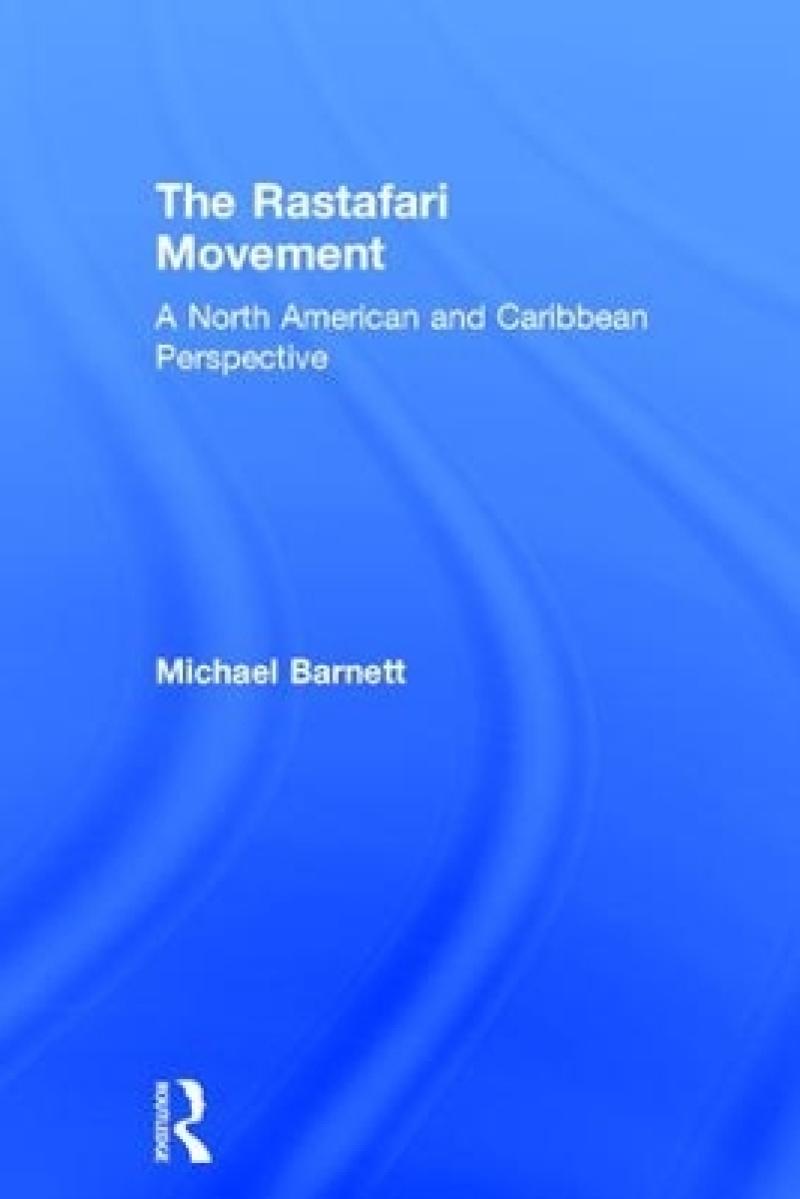<p><em>"The Rastafari Movement: A North American and Caribbean Perspective</em>, is a valuable addition to the genre of Rastafari Studies. This well-referenced new book takes a timely, detailed and in-depth look at the ideological, philosophical and theological factors currently impacting the growth and development of the Rastafari Movement."</p><p><strong>- I.</strong> <strong>Jabulani Tafari, Publisher/Author, Fort Lauderdale, USA.</strong></p><p>"<em>The Rastafari Movement</em> is a timely and important contribution to the growing body of literature in Rastafari studies. The combination of sociological, theological, and anthropological methods to study Rastafari makes this book a truly significant multidisciplinary contribution. Barnett successfully clarifies misunderstandings about the Rastafari and provides meaningful insights into ideological dynamics of the movement."</p><p><strong>- Randy Goldson, Temple University</strong></p><p>"This will be a helpful book for general readers. It intro-duces concepts and contemporary questions affecting Rastafari, and it describes the diversity of the movement beyond what the older standard texts provide."</p><p><strong>- Richard C. Salter, Hobart and William Smith Colleges, <em>Nova Religio 23</em></strong></p>
The Rastafari Movement: A North American and Caribbean Perspective provides a historical and ideological overview of the Rastafari movement in the context of its early beginnings in the island of Jamaica and its eventual establishment in other geographic locations. Building on previous scholarship and the author's own fieldwork, the text goes on to provide a rich comparative analysis of the Rastafari movement with other Black theological movements, specifically the Nation of Islam and the Black Hebrew Israelites in the context of the United States. The text explores the following topics:
• Pan-Africanism, Black nationalism and Rastafari;
• gender dynamics;
• globalization;
• concepts and symbols;
• other Black theological movements.
This text is ideal for students of religious studies, sociology, anthropology, African Diaspora studies, African American studies, and Black studies who wish to gain an understanding of the history and beliefs of the Rastafari Movement.
Provides a historical and ideological overview of the Rastafari Movement in the context of other Black American theological movements. Building on previous scholarship and Barnett’s fieldwork, it delivers a rich analysis of the Rastafari movement.
Introduction
Chapter 1
Pan-Africanism, Black Nationalism, Ethiopianism and Rastafari: A Historical Perspective
Chapter 2
General Overview of the Organizational Structure of the Rastafari Movement
Chapter 3
The Different Mansions of the Rastafari Movement
Chapter 4
Gender Dynamics Within the Rastafari Movement
Chapter 5
Important Concepts and Symbols for the Rastafari Movement
Chapter 6
The Globalization of the Rastafari Movement
Chapter 7
Out in the Field
Chapter 8
A Comparison between the Rastafari Movement and other Black Theological Movements such as the Nation of Islam and the Black Hebrew Israelites
Chapter 9
Reflections on the Current Status of the Rastafari Movement
Appendix
Produktdetaljer
Biographical note
Michael Barnett is presently a senior lecturer in the Department of Sociology, Psychology and Social Work, University of West Indies, Mona Campus, Kingston, Jamaica.
